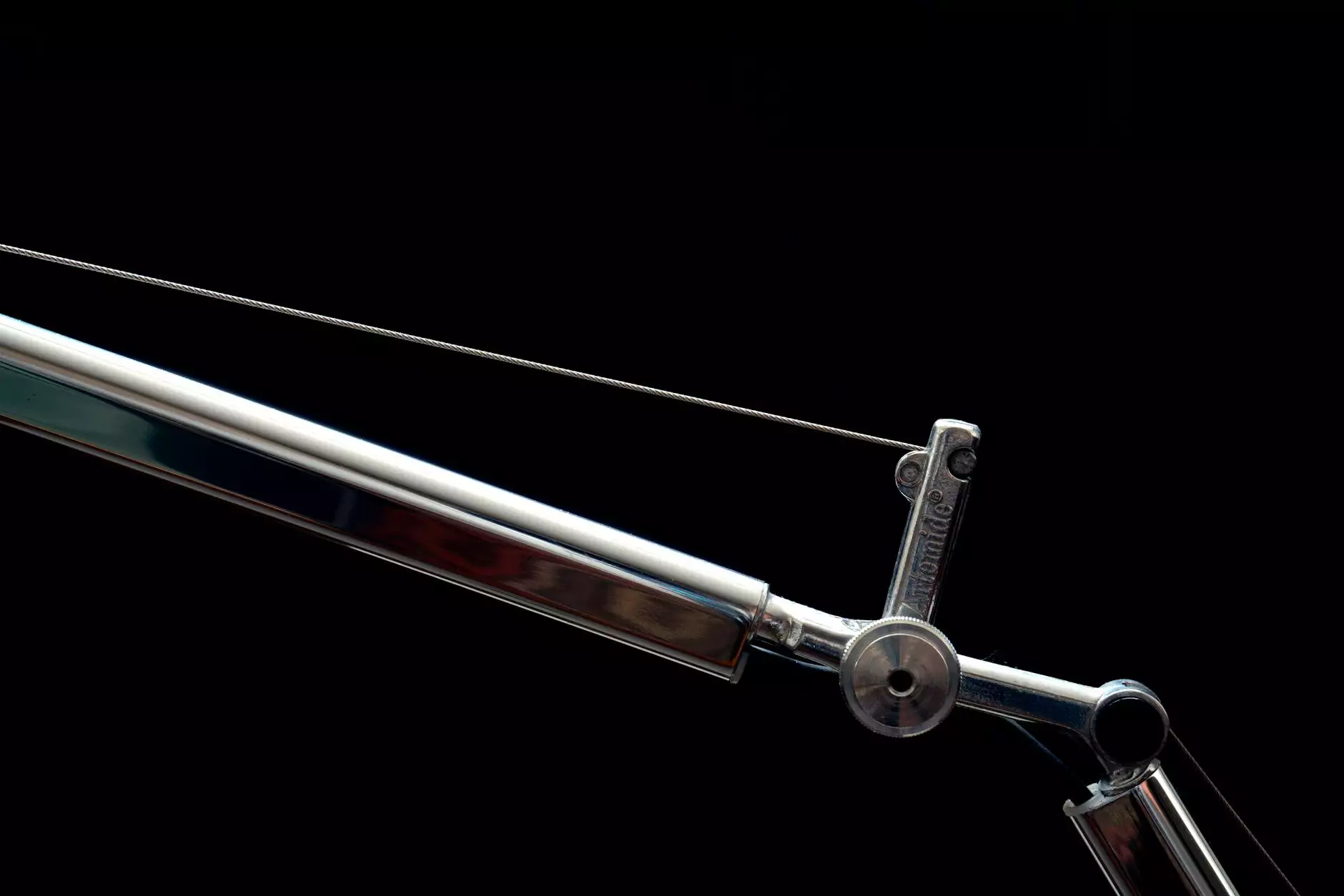Transforming Dental Care: The Rise of Mobile Dental Trailers

In a world where accessibility and convenience are paramount, mobile dental trailers have emerged as a groundbreaking solution for delivering dental care directly to communities. As healthcare evolves, innovative methods of providing essential services become critical, and mobile dental units are at the forefront of this transformation.
The Concept of Mobile Dental Trailers
Mobile dental trailers are specialized vehicles outfitted with state-of-the-art dental equipment. These units allow dental professionals to offer a full range of services in various locations, from urban centers to rural areas. The basic premise is to bring dental care to those who may face barriers in accessing traditional clinics, whether due to distance, lack of transportation, or financial constraints.
Benefits of Mobile Dental Trailers
Mobile dental trailers offer a multitude of benefits, which include:
- Increased Accessibility: They bridge the gap for underserved populations, ensuring everyone can receive adequate dental care.
- Convenience: Services are brought directly to communities, minimizing the need for lengthy travel.
- Cost-Effectiveness: Reduced overhead costs allow for competitive pricing, making dental care more affordable.
- Comprehensive Services: Equipped to handle everything from routine check-ups to emergency care, these trailers serve as full-service clinics.
- Community Engagement: Mobile dental units often collaborate with local organizations to improve community health awareness.
How Mobile Dental Trailers Operate
The operation of mobile dental trailers is a well-orchestrated process that requires thorough planning and execution. Here’s how they work:
1. Planning and Scheduling
Prior to deployment, dental providers coordinate with community organizations, schools, and facilities to identify the most pressing dental needs. Scheduling regular visits helps maintain a consistent presence in the community.
2. Setup and Infrastructure
Mobile dental trailers are designed for functionality. They typically include:
- Reception Areas: To greet patients, handle paperwork, and manage appointments.
- Treatment Rooms: Equipped with chairs, lights, and all necessary dental instruments.
- X-ray Facilities: Allowing for quick diagnostics right on-site.
- Waiting Areas: Ensuring patient comfort while they await treatment.
3. Service Delivery
Once on-site, dental teams provide care, ranging from preventive services like cleanings and sealants to restorative procedures. Moreover, educational sessions are often held to inform patients about oral hygiene and the importance of regular dental visits.
Challenges Faced by Mobile Dental Trailers
Despite their numerous advantages, mobile dental trailers face challenges that need addressing:
- Regulatory Issues: Navigating licensing and health regulations can be complex.
- Funding Constraints: Securing consistent funding for operations can be difficult.
- Public Awareness: Ensuring that potential patients are aware of available services is crucial for usage.
Case Studies of Successful Mobile Dental Programs
Several programs across the globe have successfully implemented mobile dental trailers, showcasing their potential impact:
1. The Smile Mobile in Washington State, USA
The Smile Mobile has been operating since 1994 and serves children in schools across Washington. This program focuses on low-income students and offers preventative and restorative treatment, demonstrating significant improvements in children's oral health.
2. The Dental Van Project in Queensland, Australia
This initiative targets remote Indigenous communities, offering essential dental services that would otherwise be inaccessible. The mobile dental unit has led to increased oral health awareness and reduced dental decay rates within the communities served.
Future of Mobile Dental Trailers
As technology and needs evolve, the future of mobile dental trailers looks promising. Here are some anticipated trends:
- Integration of Tele-dentistry: Utilizing technology for remote consultations will enhance service delivery.
- Advanced Dental Equipment: Innovative tools will improve the efficiency and quality of care in mobile units.
- Expanded Services: Incorporating holistic dental care, including mental health support related to dental anxiety.
The Importance of Accessibility in Dental Care
Dental health is a critical component of overall health, yet millions remain without access to necessary care. The importance of bringing dental services directly into communities cannot be overstated. Mobile dental trailers not only provide care but also help to:
- Prevent Dental Diseases: Regular access to dental care helps in preventing cavities and gum diseases.
- Increase Health Literacy: Providing education about oral health fosters better practices and promotes preventive measures.
- Build Trust within Communities: The presence of mobile dental services can build relationships and trust, encouraging more individuals to seek care.
Conclusion
As the landscape of dental care continues to shift, mobile dental trailers represent a vital resource. They are not only a response to the growing need for accessible dental care but also a paradigm shift in how services are delivered. By understanding the benefits, overcoming challenges, and embracing future advancements, mobile dental trailers can significantly impact community health and well-being.
The effectiveness of these units underscores a crucial lesson in healthcare: accessibility is key. As we move forward, it is imperative for healthcare providers, policymakers, and communities to collaborate closely, ensuring that high-quality dental care is available to everyone, everywhere.



